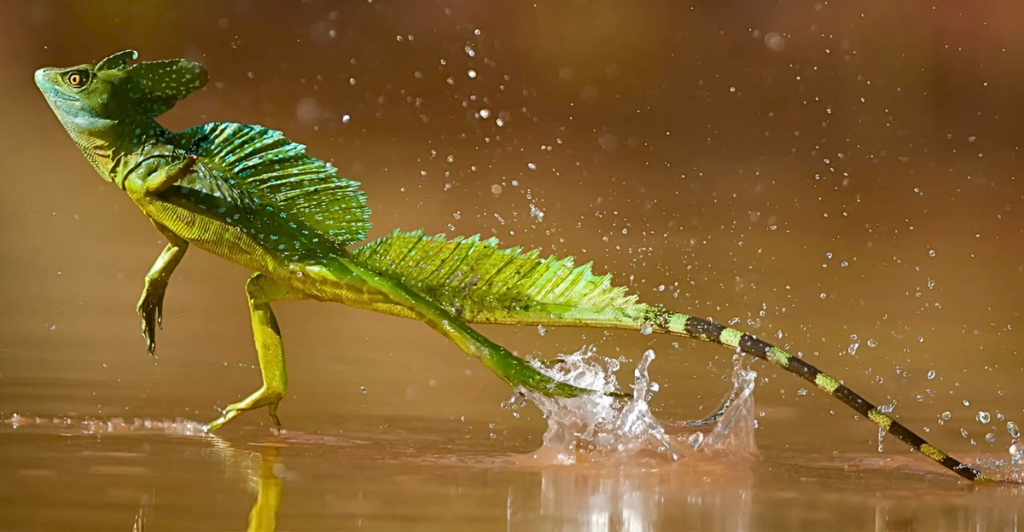
From creatures with lightning-fast strikes to those that can regenerate lost limbs, the animal kingdom is full of extraordinary beings with abilities that seem almost superhuman. These natural wonders have evolved unique powers that help them hunt, survive, and thrive in extreme environments. These are twelve animals with incredible abilities that make them nature’s superheroes.
1. The Mantis Shrimp
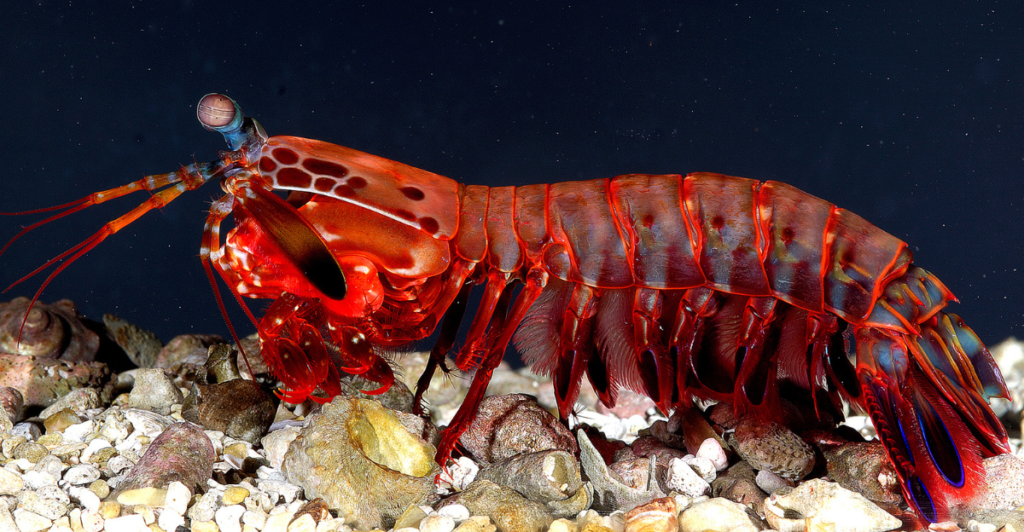
The mantis shrimp possesses two remarkable superpowers. First, it has an unparalleled visual system that is capable of seeing ultraviolet and polarized light. Second, it has one of the fastest and most powerful strikes in the animal kingdom and is able to break through aquarium glass and the shells of its prey.
2. The Axolotl
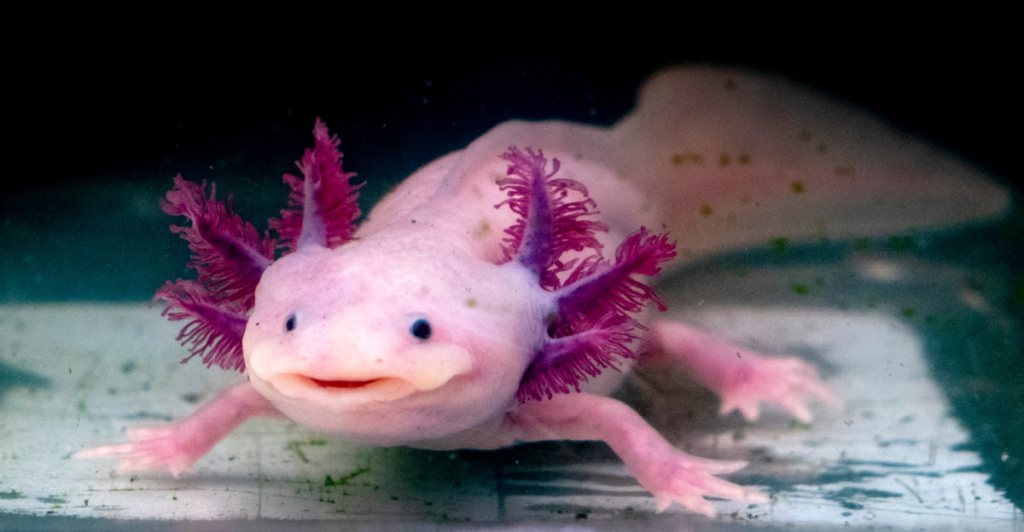
This remarkable salamander native to Mexico can regrow entire limbs, spinal cords, hearts, and other organs without any scarring. Scientists are actively studying these abilities for potential breakthroughs in regenerative medicine.
3. The Electric Eel
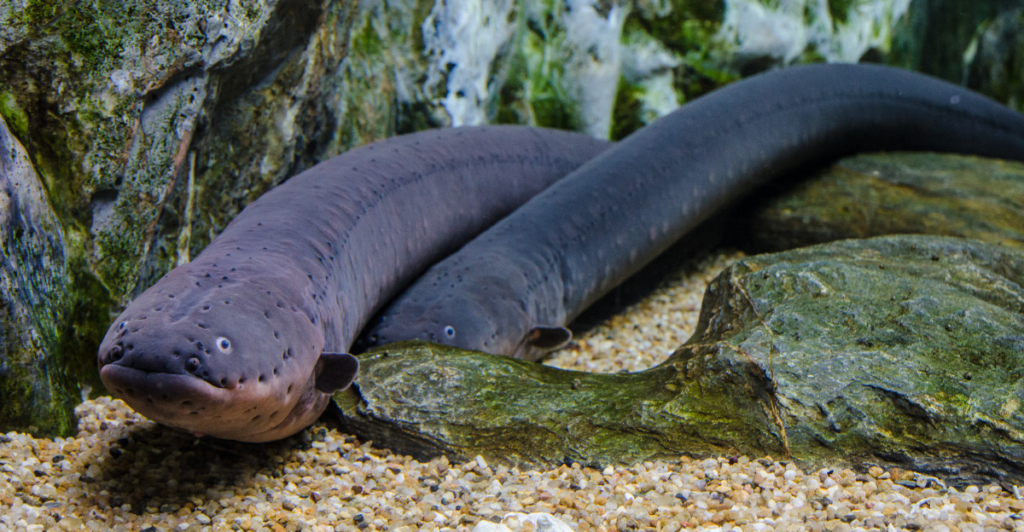
Electric eels can generate electric shocks of up to 860 volts, making them one of the most powerful natural electrogenic animals on Earth. They use this ability for hunting and self-defense, stunning prey with rapid bursts of electricity and deterring predators with high-voltage shocks. Additionally, they can emit weaker pulses to navigate their dark, murky environments, effectively using electricity as a built-in radar system.
4. The Lyrebird
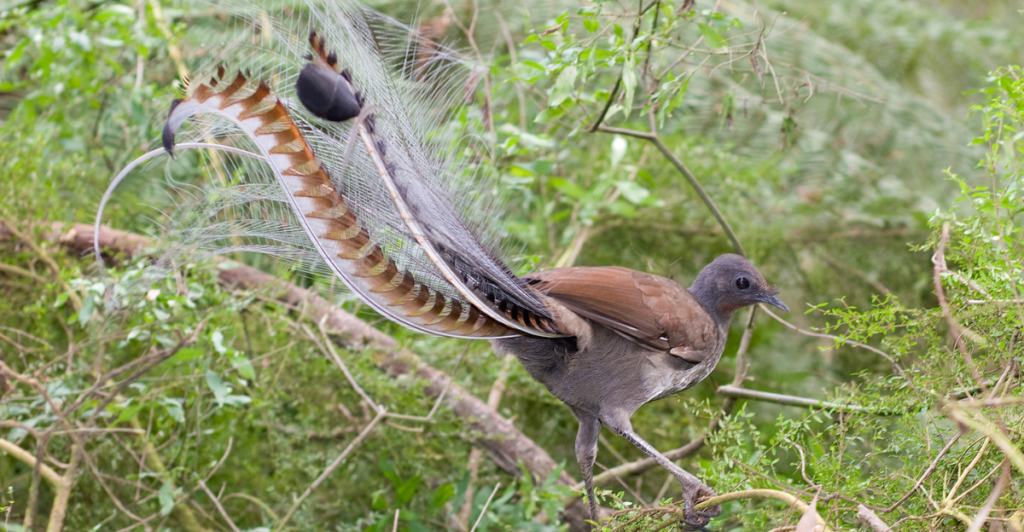
Native to Australia, lyrebirds are famous for their unique ability to mimic sounds from their environment. They can reproduce the songs of other birds, human voices, and even man-made noises like chainsaws and car alarms with uncanny accuracy.
5. The Tardigrade
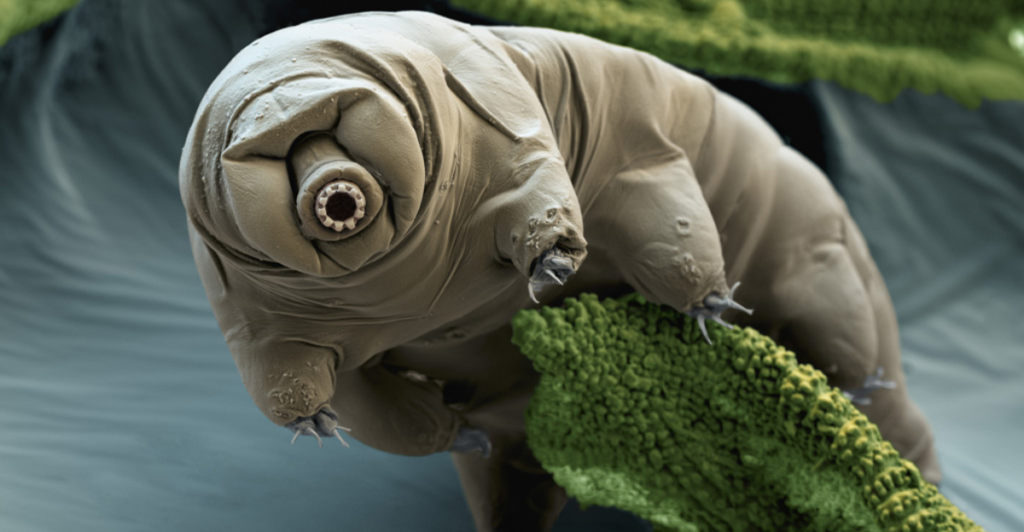
Also known as water bears, tardigrades can withstand extreme conditions that would be fatal to most organisms. They can survive temperatures from near absolute zero to well above boiling point, endure crushing pressures, and even survive in the vacuum of space.
6. The Bombardier Beetle
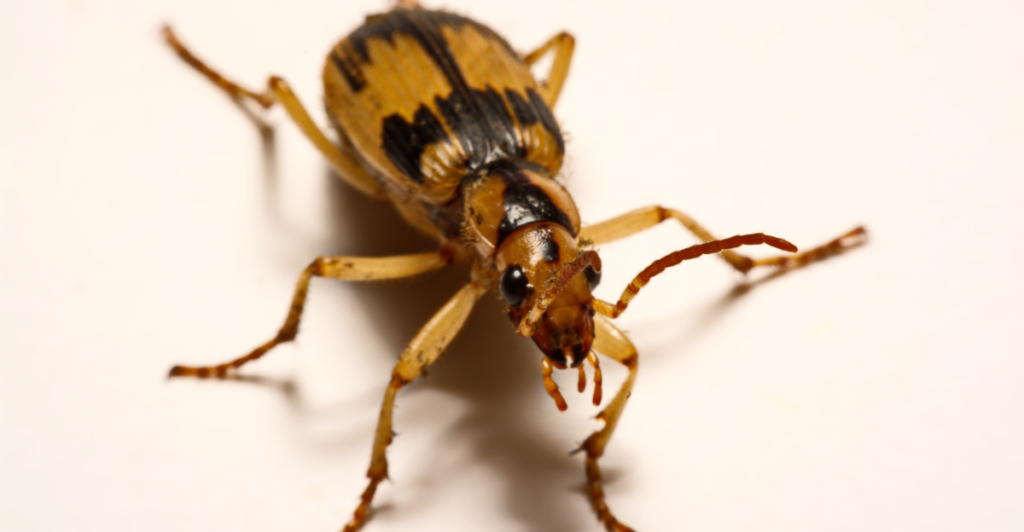
This beetle has a unique defense mechanism: it can shoot boiling-hot, noxious chemicals from its abdomen at potential predators. This remarkable chemical reaction occurs in a specialized chamber within the beetle’s body.
7. The Archerfish
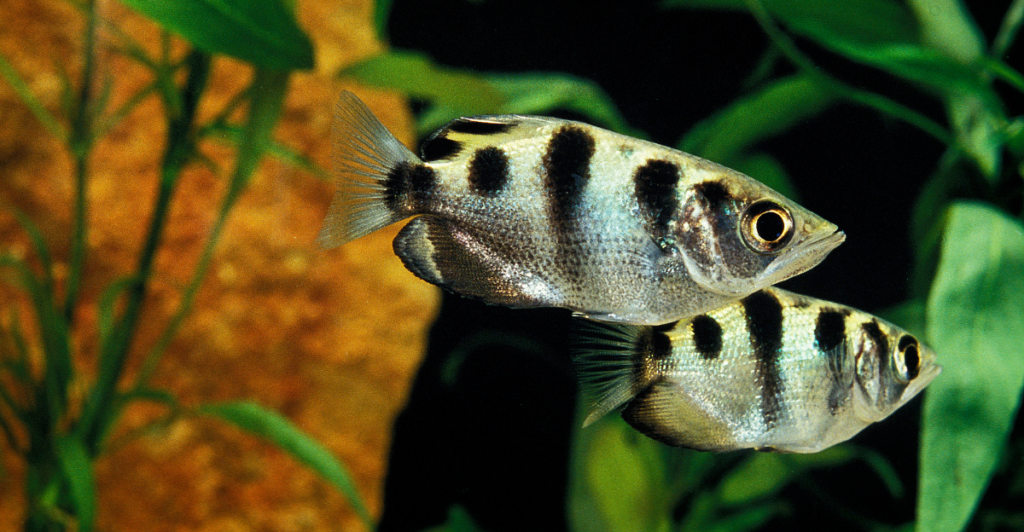
Using a specialized groove in their mouths, archerfish can shoot a powerful jet of water at insects and other prey, knocking them into the water to be consumed. Their accuracy is impressive, even accounting for light refraction in water.
8. The Gecko
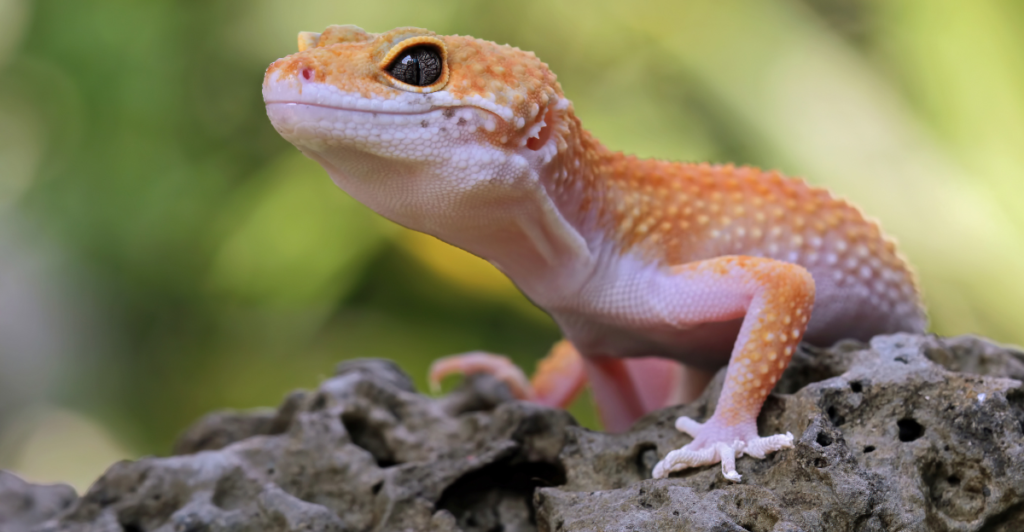
Geckos can effortlessly scale vertical surfaces and even hang upside down, thanks to microscopic hairs called setae on their footpads. These hairs create weak intermolecular forces, allowing geckos to adhere to almost any surface.
9. The Platypus
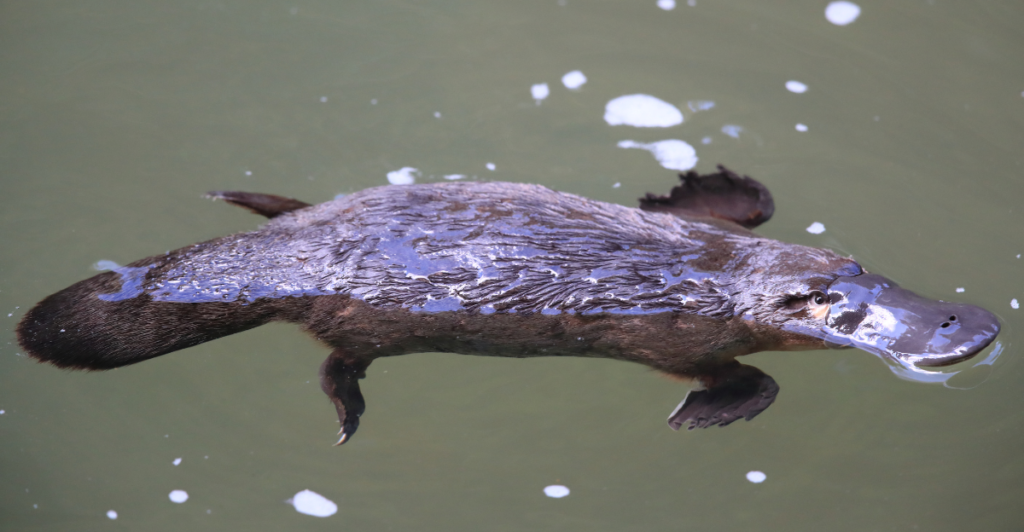
The platypus possesses electroreception, allowing it to detect electrical impulses from its prey. This unique ability, combined with its duck-like bill and venomous spurs, makes it one of nature’s most unusual creatures.
10. The Peregrine Falcon
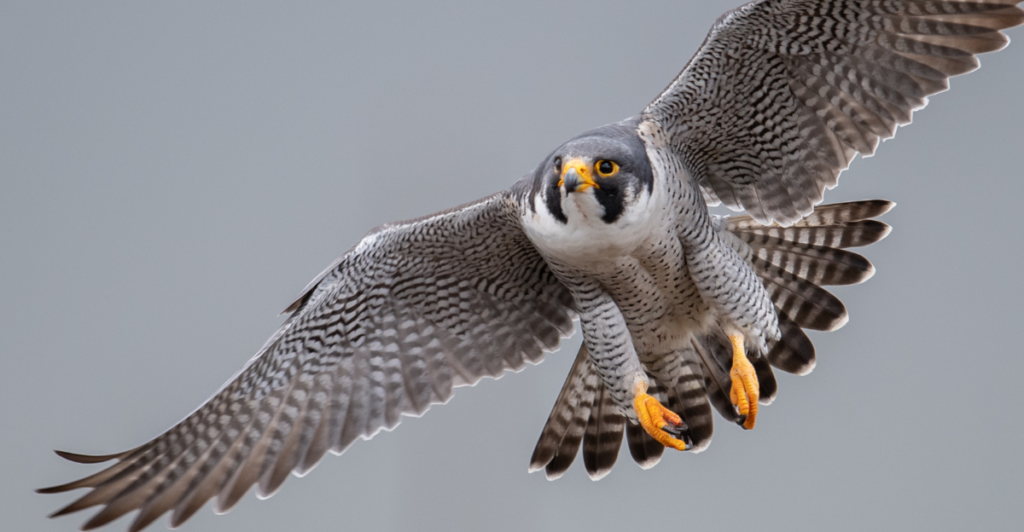
When diving, the peregrine falcon becomes the fastest animal on Earth, reaching speeds that exceed those of cheetahs. During a hunting stoop, it can plunge at speeds of over 240 mph, using its streamlined body and keen eyesight to track and strike prey with astonishing precision.
11. The Reindeer
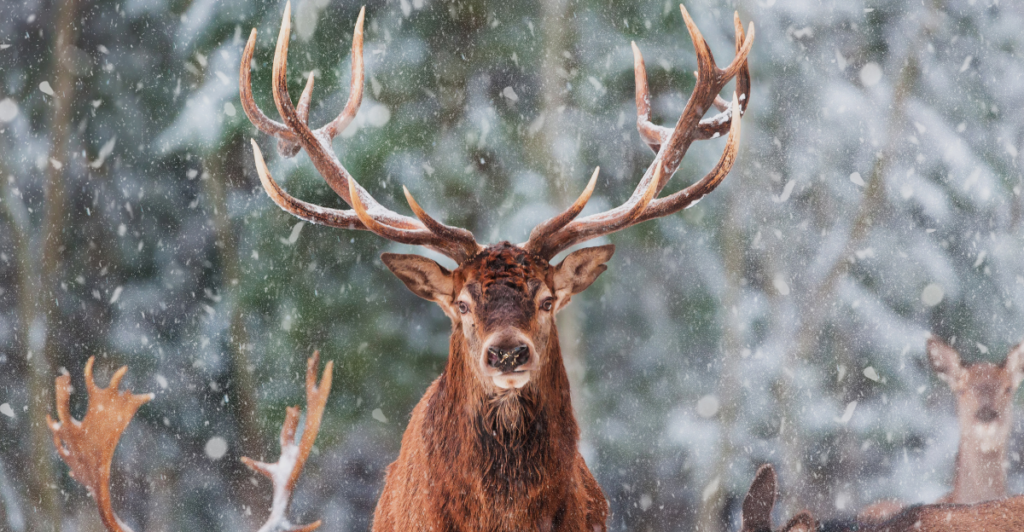
Reindeers have the unique ability to see UV light, which allows them to better forage for food and avoid predators in the harsh Arctic landscape. Their primary winter food source, lichens, and the fur of their main predator, the wolf, both absorb UV light, making them stand out against the UV-reflecting snow.
12. The Dung Beetle
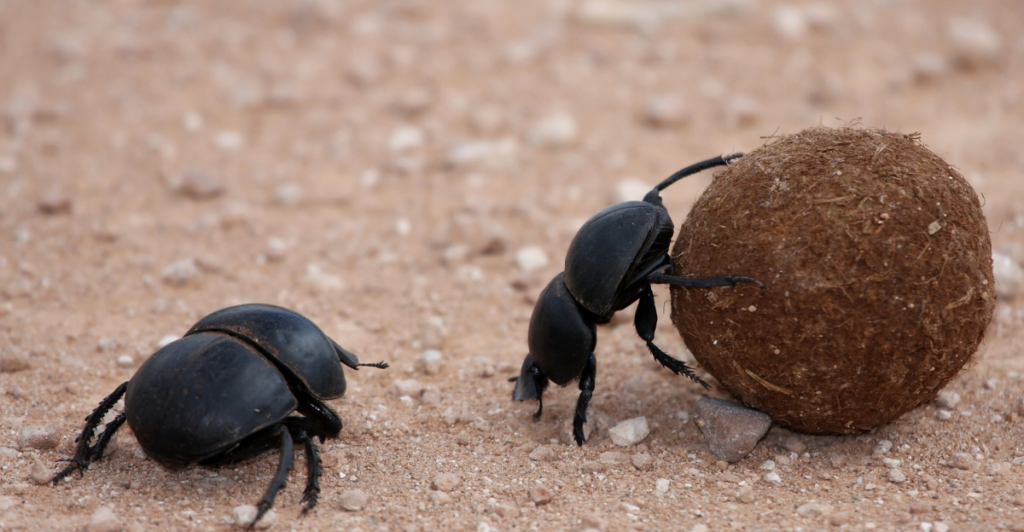
Dung beetles possess incredible strength relative to their size. They can pull more than 1141 times their own body weight, which is the equivalent of a human pulling six double-decker buses.
Discover more of our trending stories and follow us to keep them appearing in your feed

How 14 Wolves Triggered Yellowstone’s Ecological Comeback
10 Animals That Are Terrified of Wolverines
Hurricane-Like Bomb Cyclone Set to Impact These 8 States
The Real Cause Behind Los Angeles’ Devastating Wildfires
This article first appeared here
Stay connected with us for more stories like this! Follow us to get the latest updates or hit the Follow button at the top of this article, and let us know what you think by leaving your feedback below. We’d love to hear from you!







